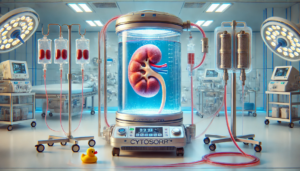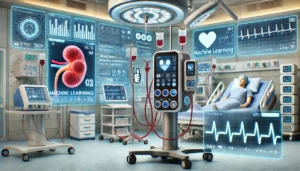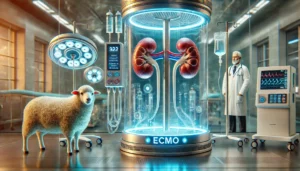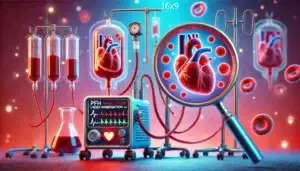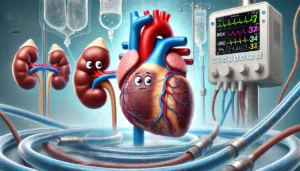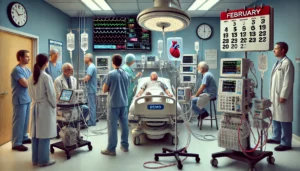
Peripheral Versus Central Cannulation for Venoarterial Extracorporeal Membrane Oxygenation (VA-ECMO): A Meta-Analysis of Bleeding and Vascular Complications
This meta-analysis of 15 studies (2,913 patients) compares peripheral and central cannulation strategies for VA-ECMO in refractory cardiogenic shock. Peripheral access significantly reduced major bleeding risk but increased limb ischemia. No meaningful differences were observed in infection, renal replacement therapy, or stroke. Findings support individualized cannulation decisions balancing bleeding risk against vascular complications.





